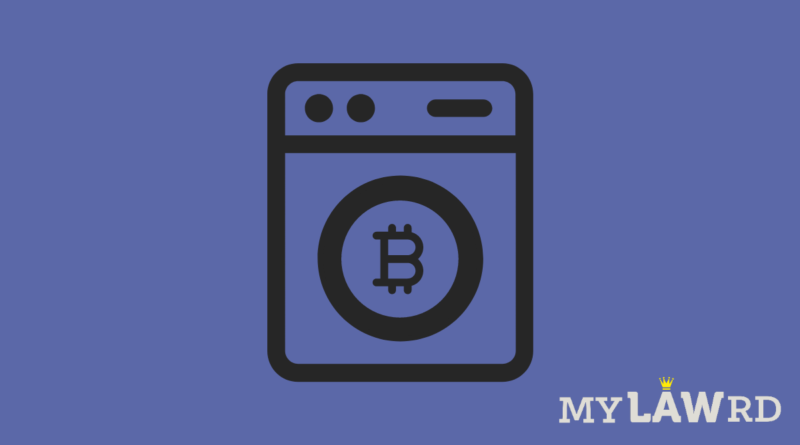PM Modi says important to ensure Crypto does not end up in wrong hands
Prime Minister Narendra Modi yesterday delivered the keynote address at the inaugural Sydney Dialogue via video conferencing. He spoke on India’s technology revolution and noted India’s central role in the Indo-Pacific region and the emerging digital world. Modi also remarked that it is important to ensure that crypto currency does not end up in the wrong hands.
The comment follows a string of instances where the government has expressed concerns about money laundering and terrorist financing around cryptocurrencies.
Technology and Democracy
The Prime Minister highlighted India’s technological achievements in UPI, CoWin, Aadhaar, and stressed the need for democracies to work together. He called for cooperation to:
- invest together in research and development in future technology;
- to develop trusted manufacturing base and trusted supply chains;
- to deepen intelligence and operational cooperation on cyber security;
- protect critical information infrastructure; to prevent manipulation of public opinions;
- to develop technical and governance standards and for cross-border flow that protect and secure data.
Similarly, he also said that democracies should recognize national rights and at the same time “promote trade, investment and larger public good.”
“Take cryptocurrency or Bitcoin for example. It is important that all democratic nations work together on this and ensure it does not end up in wrong hands, which can spoil our youth.”
Crypto and Money Laundering/ Terrorist Financing
Multiple countries are deliberating cryptocurrency regulations and have expressed concerns regarding money laundering and terror financing. Under the garb of “added privacy”, cybercriminals are able to cash out illegal proceeds of crime using cryptocurrency. Services like crypto mixing are also under the scanner.
The possibility of being able to cash out is also encouraging ransomware operators. While imposing sanctions on a crypto exchange for enabling ransomware payments, the U.S. treasury department said that ransomware payments reached over $400 million in 2020.
Although the Reserve Bank of India has asked banks not to prohibit crypto-related transactions view of the Supreme Court’s judgment in Internet and Mobile Association of India v. Reserve Bank of India, (W.P. (C) 528/ 2018), it has cautioned banks and asked to carry out customer due diligence in line with KYC, Anti Money Laundering, Combating of Financing of Terrorism as well as PMLA Act, 2002 and FEMA.
The government is presently finalizing a cryptocurrency law. The law is expected to permit holding cryptocurrency as an asset but may prohibit its use for transactions.
Do subscribe to our Telegram group for more resources and discussions on tech-law & policy. To receive weekly updates, don’t forget to subscribe to our Newsletter.

